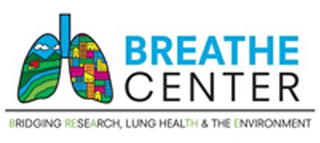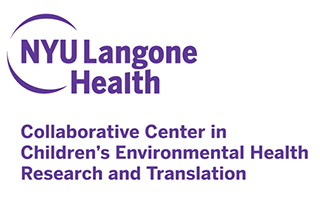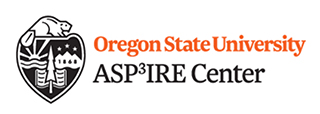The Collaborative Children’s Environmental Health Research and Translation (CEHRT) program funds small-scale pilot projects through its centers to advance research and the translation of research findings. Applications are open to researchers and community partners. Applicants who are external to center institutions are given priority for pilot project funding.
Centers fund two types of pilot projects:
- Research pilot projects support small CEH studies that will provide preliminary data leading to larger research efforts; respond to emerging or time-sensitive concerns; or test new scientific concepts, tools, or approaches.
- Translation pilot projects support efforts to develop, test, implement, adapt, and evaluate products that improve the translation of research findings to stakeholders, particularly the clinical and public health communities.
Centers issue calls for applications and fund pilot projects on their own schedules. Interested parties are encouraged to regularly check center webpages to stay up to date on available opportunities, such as those listed below.

Emory University Center
- Research Innovation Support and Enhancement (RISE) Pilot Grant: Funds children’s environmental health research that will be used to produce new preliminary data or for the analysis of data to support grant submission.
- Translational Interdisciplinary Planning (TIP) Grant: Supports the planning stage of interdisciplinary translational projects by funding travel, meetings, and other team-building events.
- Translational Interdisciplinary Seed (TIS) Grant: Funds established interdisciplinary teams to develop and test strategies to deliver research findings to target communities.

Johns Hopkins University Center
- The BREATHE Pilot Award: Funds projects related to children's environmental lung health that provide preliminary data, test new technologies and interventions, or involve innovative communication and/or education projects.

New York University Center
- NYU Center Pilot Project Program: Funds research regarding the impacts of endocrine-disrupting chemicals.

Oregon State University Center
- OSU Center Pilot Project Program: Funds projects to accelerate the adoption of evidence-informed policies and practices to protect children from environmental hazards.

University of Pennsylvania Center
- Catalyst Pilot Program: Funds innovative research in any area of CEH that will provide preliminary data leading to extramural funding.
- Focused Research Award: Funds the development of new translational products and promotes research in CEH that may lead to multi-investigator grants.
- Interdisciplinary Award: Funds center members partnering with a community organization to test and evaluate a translation program or product.
- Community Action Award: Funds community and non-profit organizations to implement a translational program or product based on community concerns. A center member must be a co-principal investigator on the project.

University of Southern California Center
- Pilot Project Small Grant: Supports pilot projects intended to promote CEH research and translation in communities that face environmental health issues.


